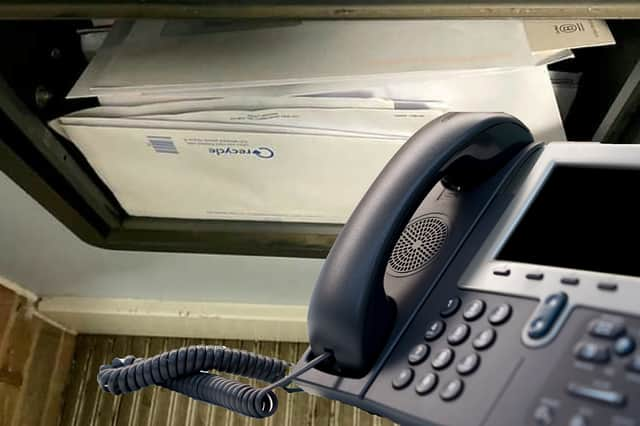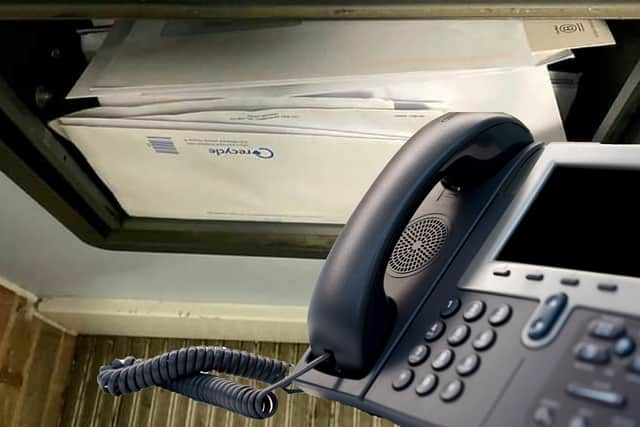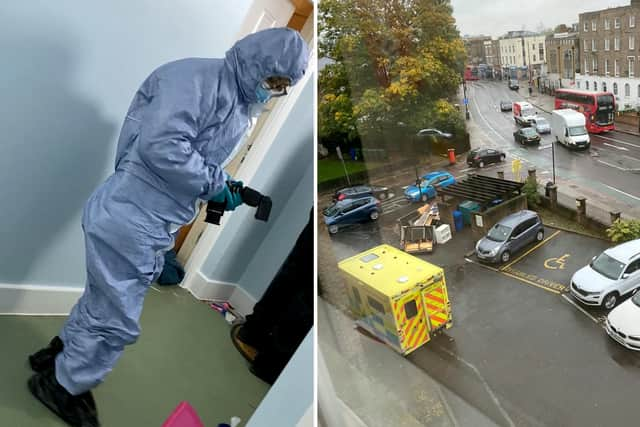A dead body lay in a flat for two-and-a-half years - why did no one listen to the neighbours’ complaints?


In August 2019, residents in a modern block of flats in south-east London started to notice a foul smell.
Some said they felt sick after noticing a stench “like a dead body”, while others found maggots coming through their lightbulbs. Concerned that one of their neighbours had died, residents rang their housing association Peabody, but were met by an automated customer service response.
Advertisement
Hide AdAdvertisement
Hide AdWhen they managed to get through to a real person, the residents were told there would be a welfare check on the flat in question. However, that check never came.
It took until February 2022 - more than two and a half years later - for police to break down the door, and find the skeletal remains of 61-year-old Sheila Seleoane.
This story broke while I was editor of NationalWorld’s sister site LondonWorld, and I took particular interest because Sheila lived just down the road from me in Peckham. How could this have happened, how could no one have checked on her? At the time on social media, with people just reading the headline, many blamed Sheila’s neighbours.


However, as BBC Radio 4’s recent investigation has shown, residents in the three-storey block had been complaining to the housing association Peabody for months - about a bad smell and mail building - and faced a wall of automated customer service responses.
Advertisement
Hide AdAdvertisement
Hide AdThe alarming case has raised a number of issues, many around housing association provision. Peabody was accused of “failing to join the dots” in a report into the case.
The housing association said: “We have new ways of working to put people and their wellbeing at the centre of our operations. This is in part a cultural change which takes time.”
However it shouldn’t take time to give human interaction to residents who think their neighbour has died. And this automated customer service culture is now all pervasive in our society.
Advertisement
Hide AdAdvertisement
Hide AdRing up your energy or internet provider and you’ll have to answer a series of set questions before being directed to a website. Major companies such as Apple have no customer service phone number, and Twitter appears to have no customer service staff full stop.
And despite restrictions ending more than a year ago, many call centres and companies blame Covid for a lack of human response. This has even impacted public services, with GPs and councils pointing the finger at the pandemic for shutting down in-person responses. This affects elderly and vulnerable people even more.


Just down the road from Sheila in south London, I had spent more than two hours on the phone - after three failed calls - to report the relatively minor issue that the lift in our block had stopped working. While the stairs are fine for able-bodied people like myself, this issue can trap residents with accessibility issues in their flats for days.
And in more serious cases, like in Sheila’s block, this lack of attention and care can have devastating consequences. Her neighbours are now taking legal action against Peabody for the trauma of living within metres of a dead body for two-and-a-half years. So please, councils, health practices, companies: just don’t hang up your phone.
Comment Guidelines
National World encourages reader discussion on our stories. User feedback, insights and back-and-forth exchanges add a rich layer of context to reporting. Please review our Community Guidelines before commenting.
